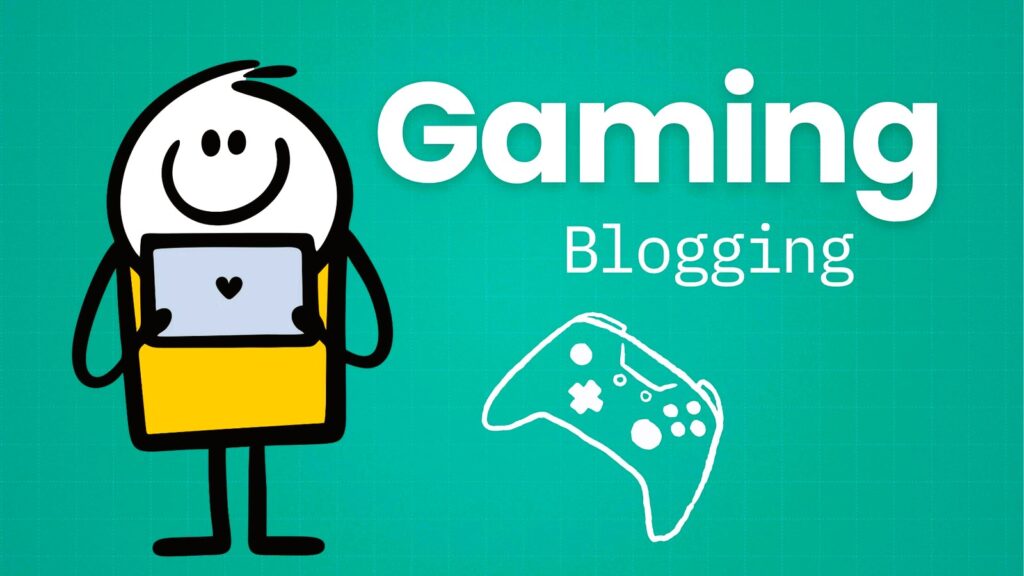In the digital age, where players have the power to influence the success of a game, managing your game’s online reputation is crucial. Player reviews, whether positive or negative, can have a significant impact on your game’s visibility, credibility, and success. Positive reviews can attract new players, while negative reviews, if not addressed properly, can damage your game’s reputation and turn potential players away. But how can you leverage player reviews to improve your game’s online reputation? Here’s how.
Monitor Player Reviews Across Multiple Platforms
The first step in using player reviews to your advantage is to monitor them closely. Players often leave reviews on a variety of platforms, including game stores, social media, forums, and dedicated review sites. Some of the most common platforms where reviews are posted include:
- Steam: A key platform for PC gamers, where reviews play a significant role in a game’s success.
- Google Play Store & Apple App Store: For mobile games, reviews on these platforms can greatly impact download rates.
- Metacritic: Known for aggregating scores from critics and players alike, Metacritic is often referred to by gamers and developers.
- Reddit & Twitter: Gamers are vocal on social media platforms, providing immediate feedback that can impact perceptions of your game.
By keeping an eye on these platforms, you can stay informed about player sentiment and respond quickly to any concerns.
Respond to Player Feedback Professionally
One of the most important ways to manage your game’s online reputation is by actively engaging with players. When a player leaves a review, whether it’s positive or negative, respond politely and professionally. Addressing feedback, especially negative reviews, shows players that you care about their experience and are committed to improving your game.
Here are some guidelines for responding to reviews:
- Be thankful for positive reviews: Let the player know you appreciate their support. A simple “Thank you for your kind words!” can go a long way in building player loyalty.
- Acknowledge negative feedback: Even if a review is critical, thank the player for their input. Acknowledge the issues they raise, and where possible, explain how you are working to resolve them.
- Offer solutions: If a player encounters a bug or issue, provide clear instructions on how to resolve it or let them know that you’re working on a fix in the next update.
- Be empathetic: Understand the player’s frustration, and be polite and professional in your response. Read about the Role of Social Networks in Launching New Game Projects in our articles.
Use Positive Reviews as Social Proof

Positive reviews are valuable assets that you can use to attract new players. They act as social proof that your game is worth playing. Consider showcasing positive reviews on your game’s website or social media profiles. This can be in the form of quotes, video testimonials, or even screenshots of glowing reviews.
Additionally, feature these reviews in marketing materials, including trailers, ads, or press kits. Having real players endorse your game helps build trust and credibility.
Analyze Feedback to Identify Areas for Improvement
Player reviews provide an invaluable source of feedback that can guide the development of your game. Whether the feedback is positive or negative, there’s always room for improvement. Look for recurring themes or issues in the reviews—if multiple players mention the same problem, it’s likely something you need to address.
For example, if players complain about a particular feature, such as lag or in-game crashes, prioritize those areas for improvement in future updates. Likewise, if players are praising a particular aspect of the game, like the art style or story, consider doubling down on those elements in future content.
By actively analyzing player reviews, you can make informed decisions about updates and improvements, ensuring that your game continues to evolve in ways that meet players’ expectations.
Turn Negative Reviews into Opportunities for Improvement
Negative reviews can be painful, but they also offer valuable insights into areas where your game might be falling short. Rather than ignoring or deleting negative reviews, use them as an opportunity to improve your game and show players that you’re committed to providing the best experience possible.
Here are some steps to take:
- Investigate complaints: Look deeper into the issues raised by negative reviews. Are they isolated incidents or part of a larger problem?
- Prioritize fixes: Based on the frequency and severity of the complaints, prioritize updates that address these concerns.
- Keep the community informed: Let players know that you are aware of the issues and working on fixes. Transparency goes a long way in earning back trust.
Encourage Players to Leave Reviews

If your game has received positive feedback from players, don’t hesitate to encourage them to leave reviews. You can do this in a variety of ways, such as:
- In-game prompts: After players have completed a level or made progress, prompt them to leave a review if they are enjoying the game.
- Social media calls to action: Encourage your followers on social media to share their thoughts about your game.
- Email campaigns: If you have an email list, send a thank-you email to loyal players and ask them to leave a review if they’re satisfied with the game.
However, make sure not to pressure players into leaving a positive review, as this could backfire and feel inauthentic. Encourage honest feedback, whether it’s positive or constructive.
Player reviews are an essential tool for managing your game’s online reputation. By responding to feedback, using positive reviews as social proof, analyzing feedback for improvements, and turning negative reviews into opportunities, you can strengthen your game’s reputation and build a loyal player base. In the end, the key to success is maintaining an open dialogue with your players and showing that their opinions matter.
For more insights on game development and community management, visit the IGN website.
By actively engaging with player reviews and using them to shape your game’s future, you can create a game that resonates with players and fosters a positive online reputation.






